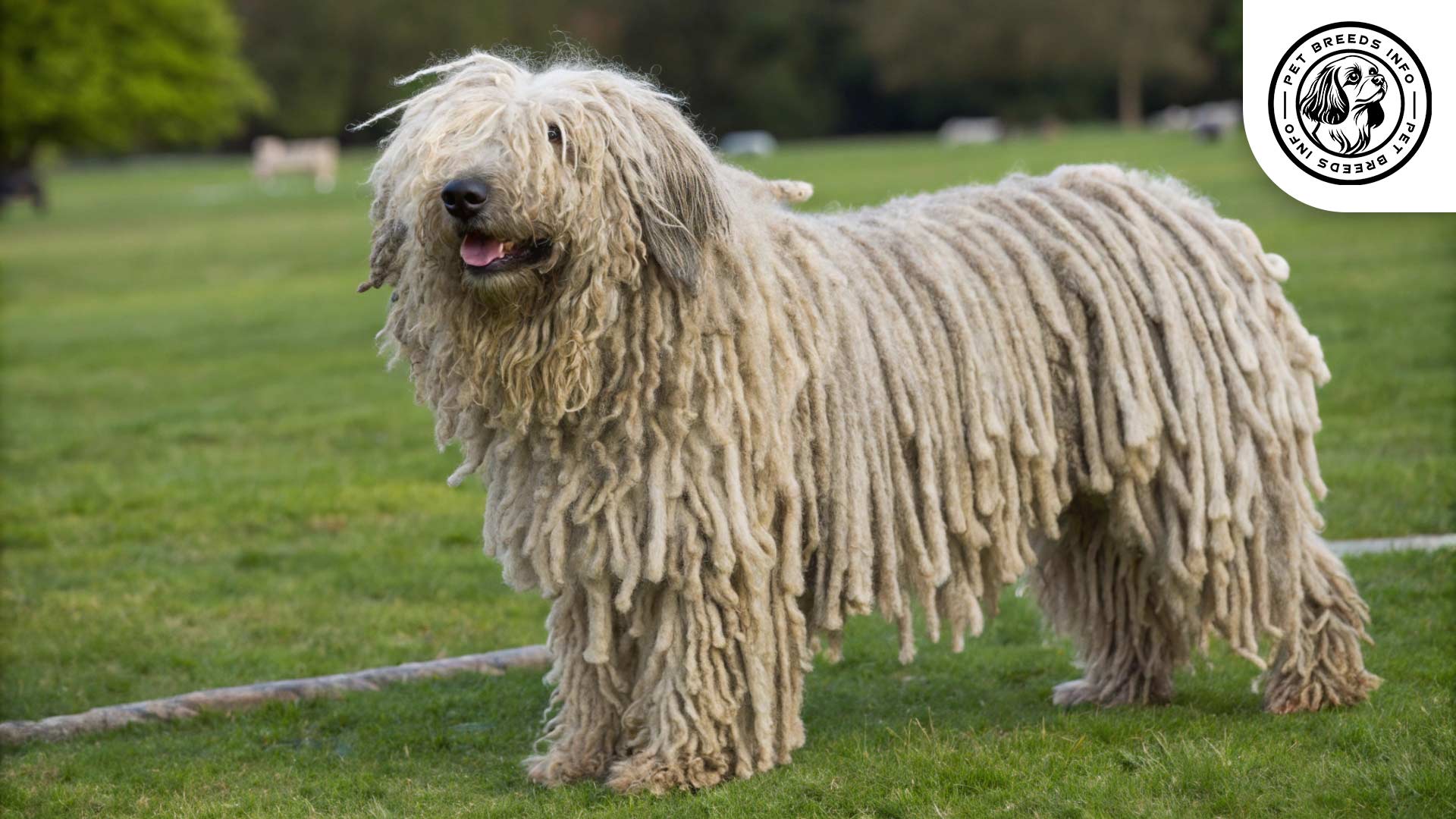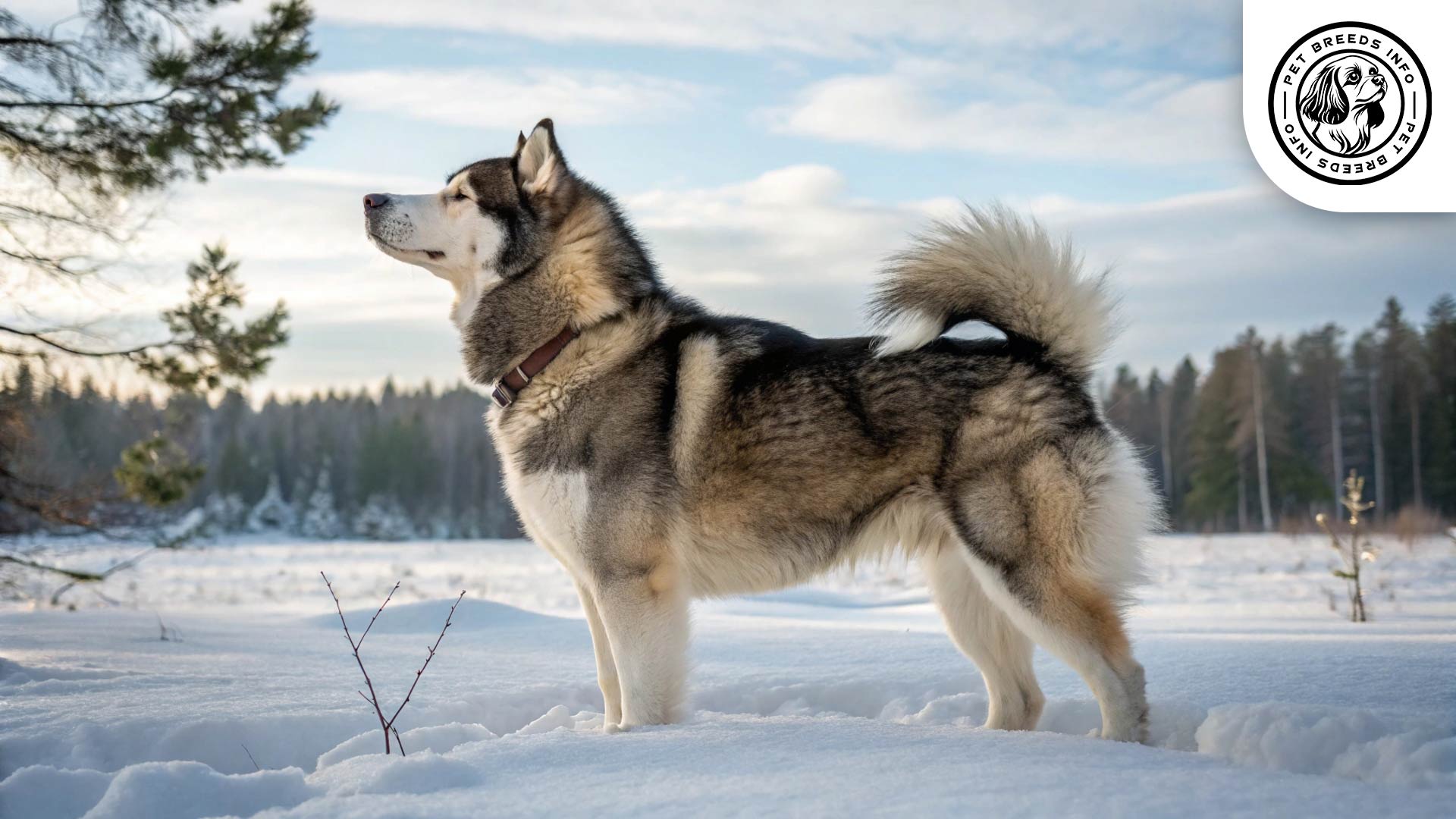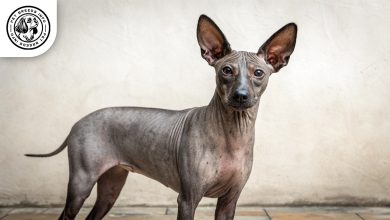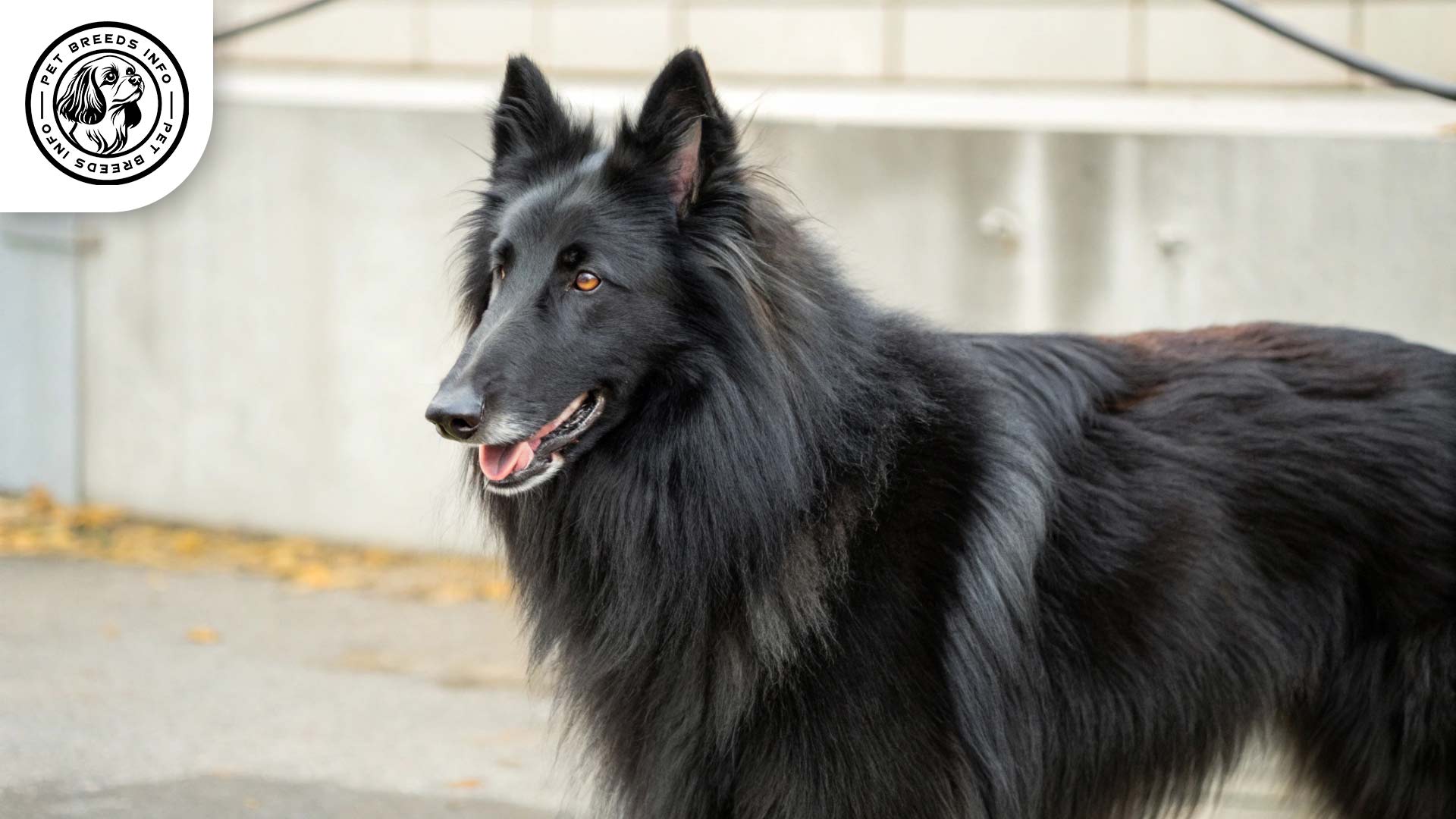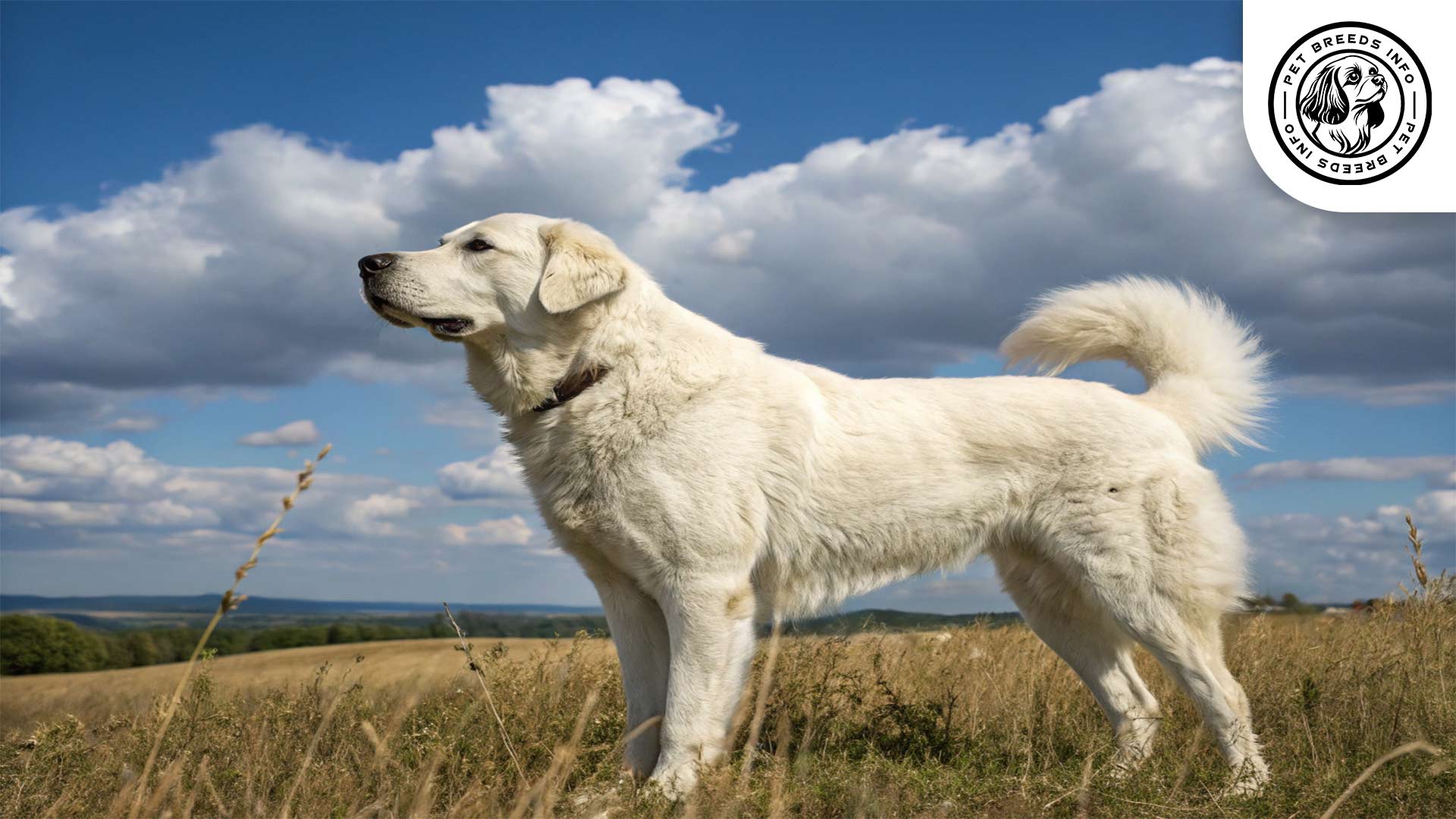Puli Dog Breed: Size, Health, Price & Personality
General Introduction of the Breed
The Puli, also known as Pulik in plural form, is a unique herding dog breed originating from Hungary. It is sometimes referred to as the Hungarian Puli. This breed has been used for centuries to guard and herd livestock, thanks to its agility, intelligence, and dense corded coat. The Puli’s history dates back over 1,000 years, when it was brought to Hungary by the Magyars.
Table of Contents
| Color | Black, White, Gray, Fawn |
| Weight | Males: 25-35 lbs (11-16 kg); Females: 20-30 lbs (9-14 kg) |
| Lifespan | 10-15 years |
| Diet | High-quality dry or raw food, protein-rich, two meals per day |
| Care | Regular exercise, daily walks, playtime, meticulous cord grooming, bathing, nail trimming, dental care, ear cleaning |
| Health | Prone to hip dysplasia, progressive retinal atrophy (PRA), patellar luxation; requires regular vet check-ups |
| Nature | Intelligent, trainable, lively, energetic, loyal, reserved with strangers, herding instincts, sensitive |
| Price | Puppy from breeder: $1,000 – $3,000; Adoption: $200 – $500 |
Physical Characteristics
The Puli is a medium-sized dog with a well-muscled body. Males typically stand between 16 to 17 inches (41 to 44 cm) tall and weigh around 25 to 35 pounds (11 to 16 kg). Females are slightly smaller, measuring 14 to 16 inches (36 to 41 cm) in height and weighing 20 to 30 pounds (9 to 14 kg).
The breed’s most distinctive feature is its corded coat, which forms naturally into long, woolly dreadlocks. Coat colors include black, white, gray, and fawn. The Puli has dark, almond-shaped eyes and medium-sized, high-set ears that hang close to the head. Its tail curls over its back, blending with the long coat.
Read More: Toy Poodle Dog
Personality and Temperament
The Puli is an intelligent and highly trainable dog. It is known for its lively, energetic nature and strong work ethic. This breed forms deep bonds with its family and enjoys being involved in daily activities.
While friendly with its owners, the Puli can be reserved with strangers. It is good with children and can get along with other pets if socialized early. Due to its herding instincts, it may attempt to “herd” people or other animals. The Puli is sensitive to its environment and thrives on routine.
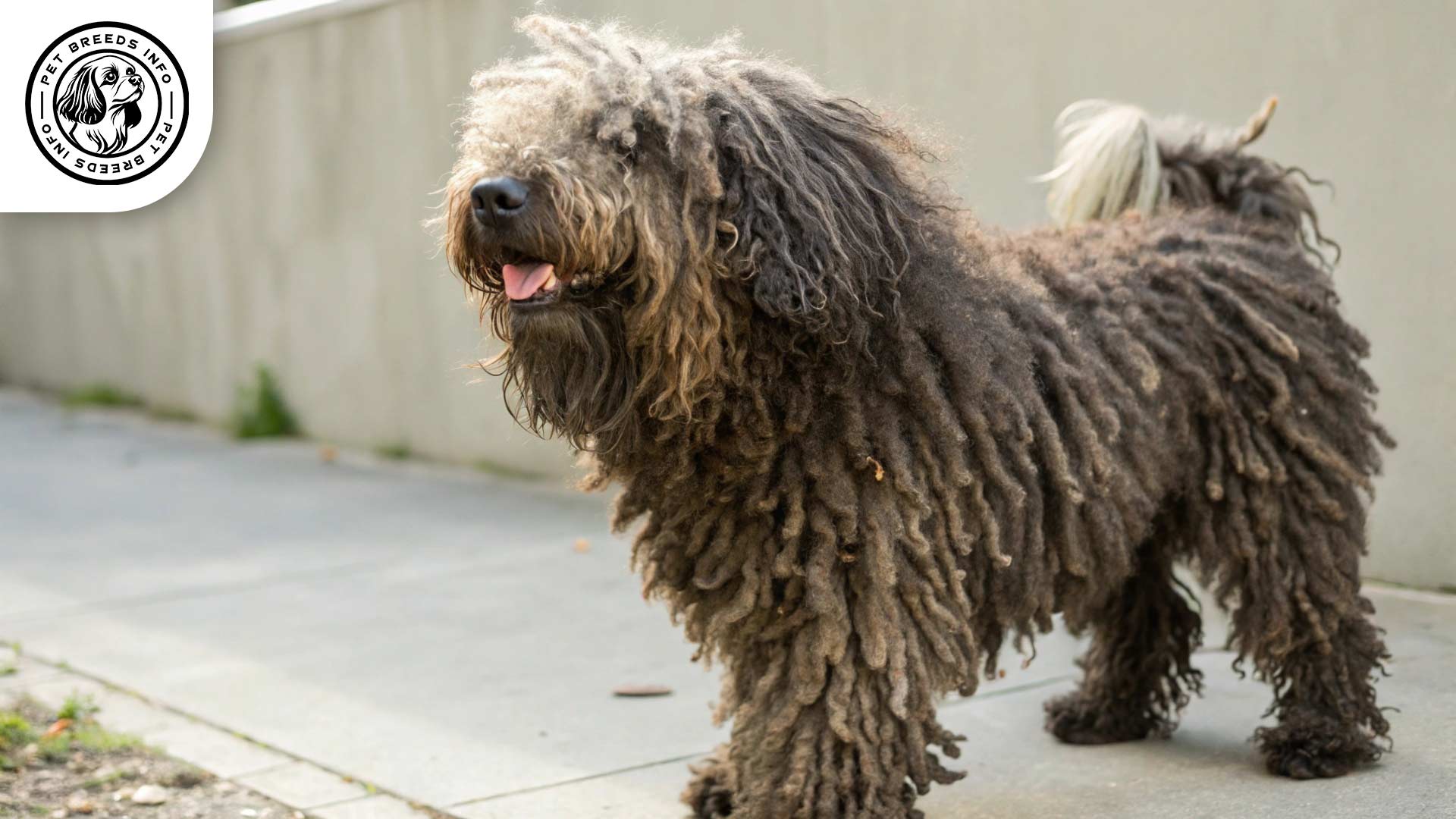
Care and Maintenance Requirements
The Puli requires regular exercise to stay happy and healthy. Daily walks and playtime are essential to keep it stimulated. It adapts well to various living environments, but a home with a secure yard is ideal.
Grooming the Puli takes dedication due to its corded coat. The cords must be carefully separated to prevent matting, and regular bathing is required. The breed does not shed much, but upkeep of its unique coat requires time and effort. Nail trimming, dental care, and ear cleaning should also be part of the routine.
The Puli is sensitive to extreme heat due to its thick coat, so care should be taken during hot weather.
Diet and Nutrition
The Puli thrives on high-quality dry or raw diets. Protein-rich food supports its active lifestyle. Fresh water should always be available. Foods such as chocolate, onions, garlic, and excessive fatty foods should be avoided.
Feeding is typically done in two meals per day, with appropriate portion sizes based on the dog’s activity level and metabolism.
Read More: Portuguese Water Dog
Health and Common Medical Issues
The Puli is generally a healthy breed but may be prone to hip dysplasia, progressive retinal atrophy (PRA), and patellar luxation. Regular veterinary check-ups and vaccinations are essential to maintain good health.
The average lifespan of a Puli is between 10 to 15 years. Preventative care, including parasite control and a balanced diet, extends its longevity.
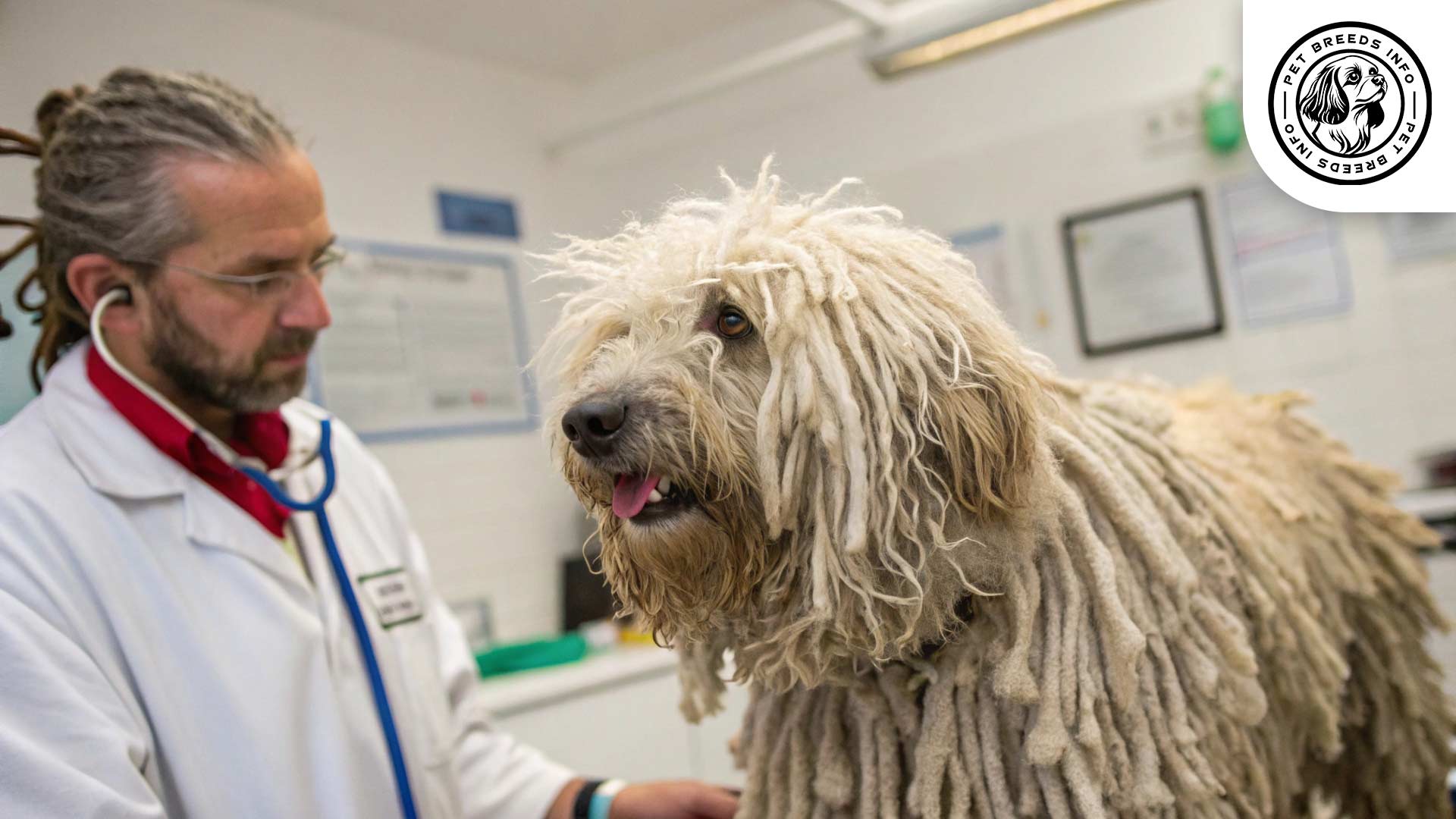
Training and Behavior Management
The Puli is highly intelligent and responds well to training. Early socialization is crucial to reduce excessive wariness toward strangers. Consistent, positive reinforcement methods work best for this breed.
Obedience training is recommended to prevent stubborn behaviors. As a working breed, the Puli excels in agility training and enjoys mental and physical challenges.
Interaction with Other Animals and Humans
The Puli is affectionate toward family members and gets along well with children. However, supervision is advised around young kids due to the dog’s herding tendencies.
With proper socialization, the Puli can coexist with other pets. It thrives in an active household and does best when it has a role to play. While it forms strong bonds with owners, it is also independent and confident.
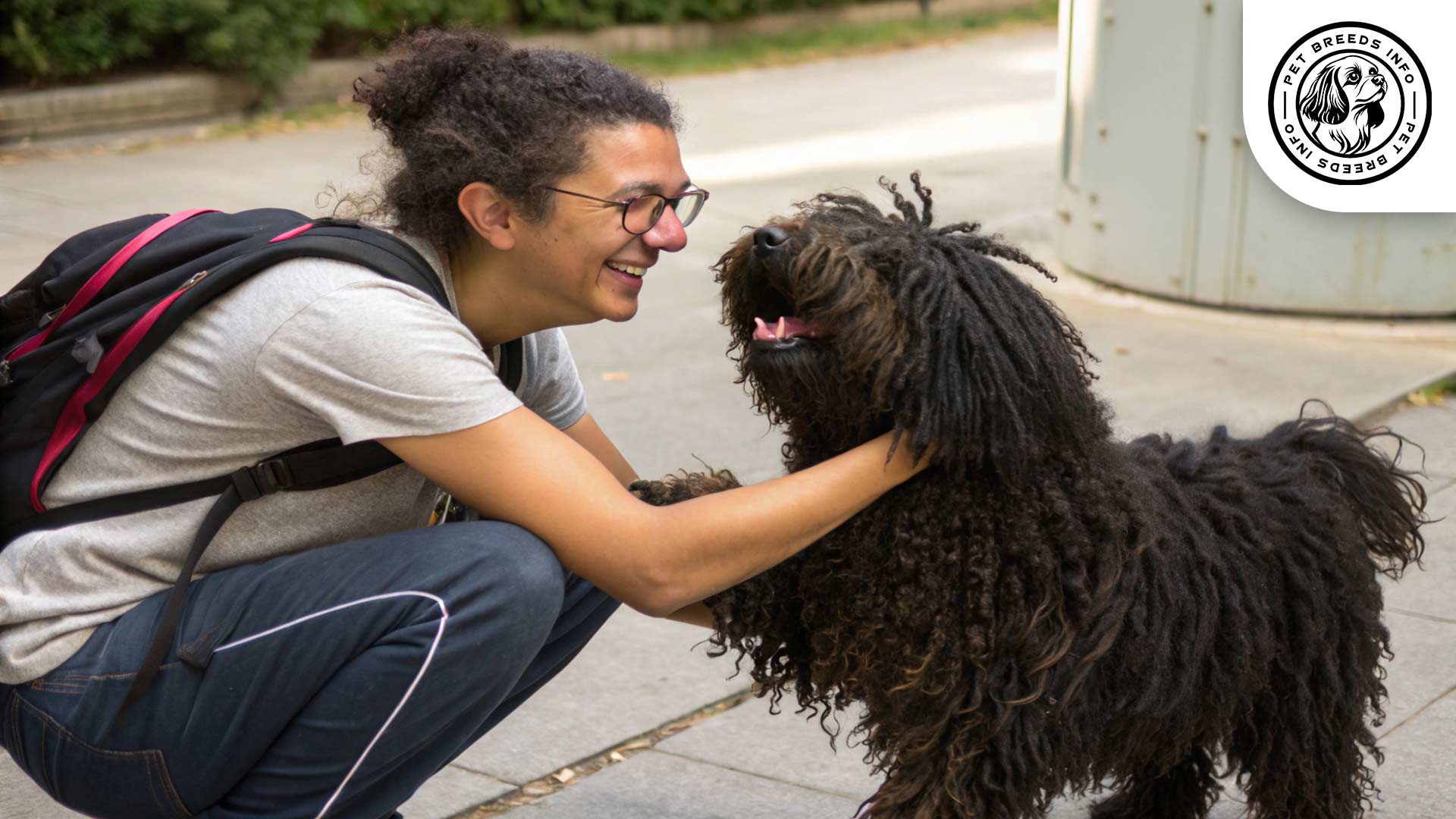
Price and Availability
The cost of a Puli puppy from a reputable breeder can range from $1,000 to $3,000, depending on lineage and coat quality. Adoption from shelters is a less expensive option, usually costing between $200 and $500.
Potential owners should look for responsible breeders who test for hereditary conditions. Rescue organizations and breed clubs may also help find available Pulik.
Read More: Pug Dog
Conclusion and Final Thoughts
The Puli is an excellent companion for active individuals or families who can meet its exercise and grooming needs. It is loyal, intelligent, and well-suited to experienced dog owners who appreciate its herding instincts.
Before adopting a Puli, one should consider its coat maintenance, activity level, and strong personality. With proper care, this unique, affectionate breed makes a remarkable and loving pet.
FAQ
What is the most distinctive feature of the Puli breed?
The Puli’s most distinctive feature is its corded coat, which forms naturally into long, woolly dreadlocks.
How much grooming does a Puli require?
Grooming the Puli takes dedication due to its corded coat. The cords must be carefully separated to prevent matting, and regular bathing is required.
What is the typical temperament of a Puli?
The Puli is an intelligent and highly trainable dog. It is known for its lively, energetic nature and strong work ethic. While friendly with its owners, the Puli can be reserved with strangers.
What are some common health issues in Pulis?
The Puli is generally a healthy breed but may be prone to hip dysplasia, progressive retinal atrophy (PRA), and patellar luxation.
How much does a Puli puppy typically cost?
The cost of a Puli puppy from a reputable breeder can range from $1,000 to $3,000, depending on lineage and coat quality. Adoption from shelters is a less expensive option, usually costing between $200 and $500.
